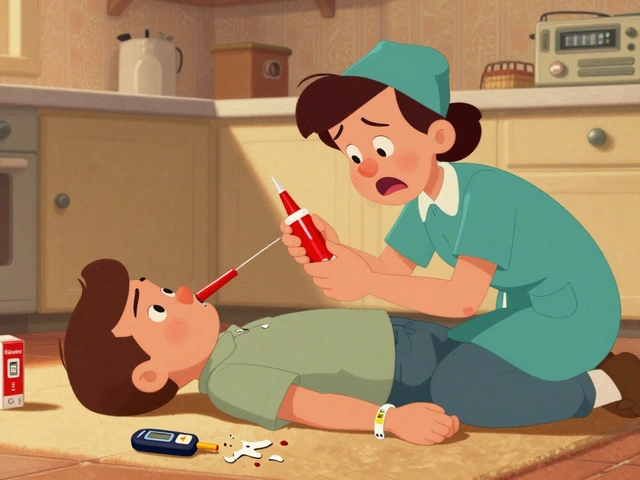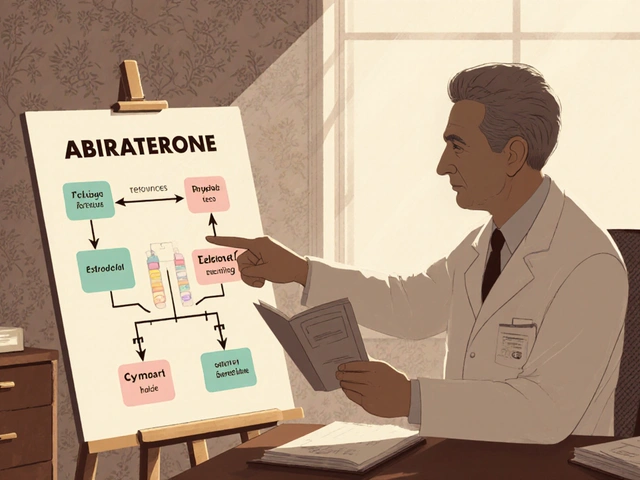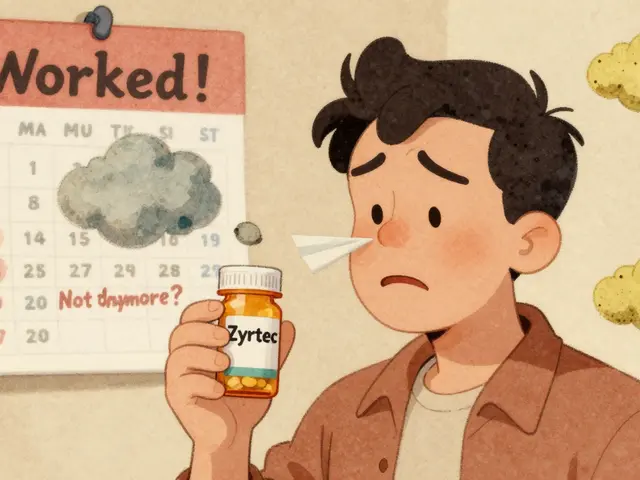Antiviral Medication: What You Need to Know
Ever wondered why doctors prescribe pills that sound like they belong in a sci‑fi movie? Antiviral medication is simply a drug that stops viruses from multiplying in your body. Unlike antibiotics that kill bacteria, antivirals target the virus’s life cycle, slowing down the infection so your immune system can catch up.
There are a few main groups you’ll hear about: nucleoside analogues (think acyclovir for herpes), protease inhibitors (used for HIV), and neuraminidase blockers (like oseltamivir for flu). Each works a bit differently, but the goal is the same – cut the virus’s ability to spread.
When Do You Actually Need an Antiviral?
If you catch the flu early, a doctor might suggest Tamiflu to reduce symptoms and shorten the illness. For chronic conditions like HIV, lifelong antiviral therapy keeps the virus suppressed and protects your immune system. Even a short‑term infection like shingles can be eased with an antiviral, cutting pain and speeding healing.
The key is timing. Most antivirals work best when started within the first 48 hours of symptoms. Waiting too long can make the drug less effective, and you might just end up feeling worse.
How to Get Antivirals Safely Online
Buying medication online can save time and money, but you’ve got to be careful. Look for pharmacies that require a valid prescription, display a physical address, and are registered with national regulatory bodies. If a site offers “no prescription needed” for a prescription‑only antiviral, that’s a red flag.
Check reviews, but don’t rely solely on glossy testimonials. A legitimate online pharmacy will have clear contact details and a pharmacist you can talk to. Compare prices, but remember that the cheapest option can sometimes mean a counterfeit product.
Before you hit “buy,” read the medication guide. Know the common side effects—nausea, headache, or mild skin rash are typical. If you have liver or kidney issues, some antivirals need dosage adjustments, so a pharmacist’s input is crucial.
Storing your antivirals properly matters too. Most pills stay stable at room temperature, away from moisture. If you get a liquid form, keep it in the fridge if the label says so. Throw away any pills that look discolored or past their expiration date.
Finally, don’t skip your follow‑up appointments. Even if you feel better, doctors often want a blood test or symptom check to make sure the virus is truly under control.
Antiviral medication can be a lifesaver when used correctly. Knowing the basics—what they do, when to start, and how to buy them safely—puts you in charge of your health. Keep this guide handy the next time you or a loved one faces a viral infection.
Betamethasone for Shingles: Does it Work and Is It Safe?
Thinking about using betamethasone for shingles? Learn if it's safe, how it works, and what experts say about treating shingles and postherpetic neuralgia.





